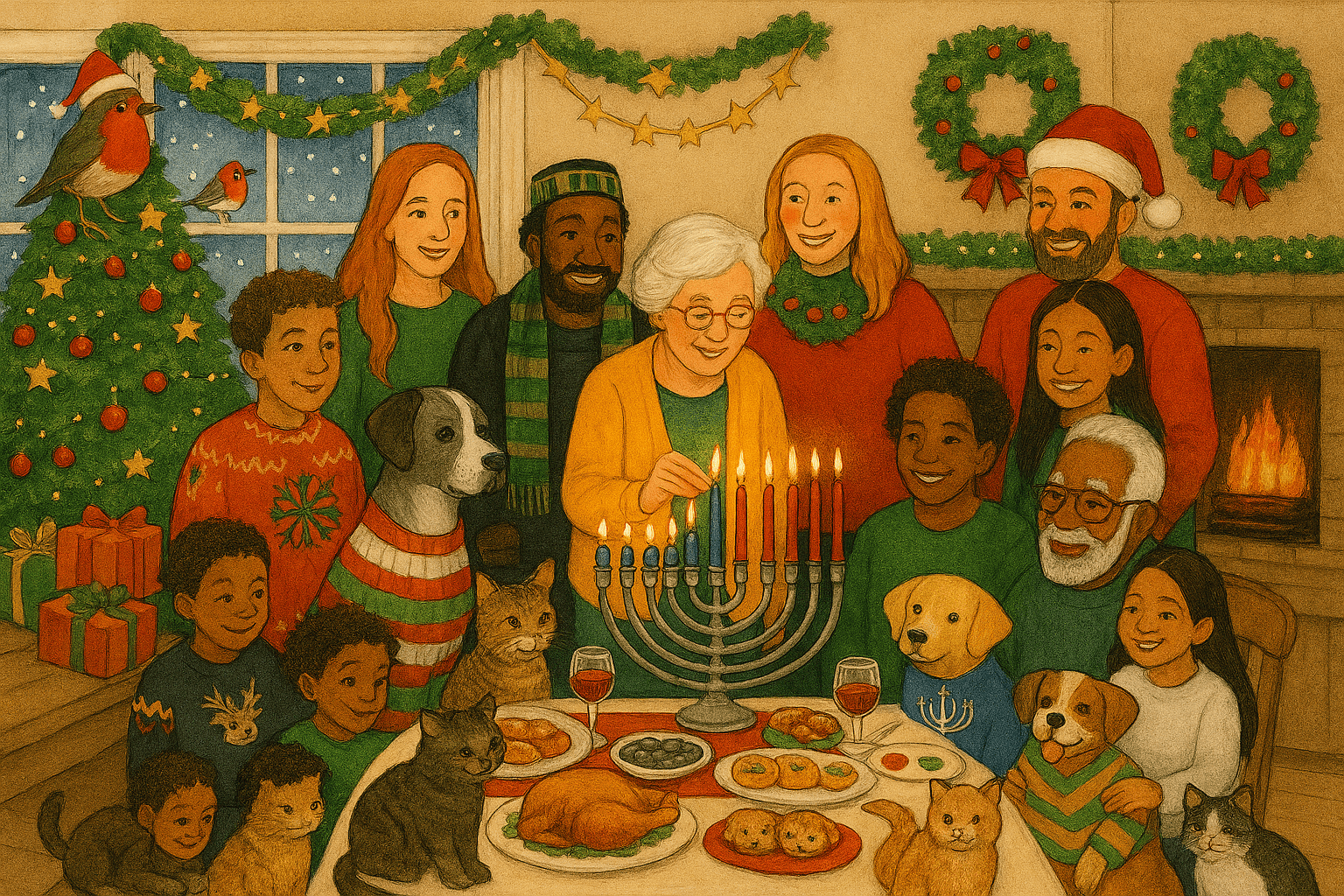Live
France24 English News Live StreamGlobal News
Global News Video PlaylistPBS
PBS News Video PlaylistNewsroom Features
The Honolulu Marathon: A Global Celebration of Running and Culture

See Special Report: The Honolulu Marathon: A Global Celebration of Running and Culture
Published Saturday December 13, 2025
Winter Storm Safety: Protecting People, Pets, and Communities

See Special Report: Winter Storm Safety: Protecting People, Pets, and Communities
Published Saturday December 13, 2025
Inclusive Holiday Gift Guide: Celebrate Christmas, Hanukkah, and Kwanzaa with gifts for People and Pets that warm hearts and paws

See Special Report: Inclusive Holiday Gift Guide: Celebrate Christmas, Hanukkah, and Kwanzaa with gifts for People and Pets that warm hearts and paws
Published Saturday December 06, 2025
Pearl Harbor Day: Honoring the Past, Inspiring the Future

See Special Report: Pearl Harbor Day: Honoring the Past, Inspiring the Future
Published Friday December 05, 2025
Top 10 Joyful Tech Picks for Cyber Monday 2025: Deals That Make You Sing

See Special Report: Top 10 Joyful Tech Picks for Cyber Monday 2025: Deals That Make You Sing
Published Wednesday November 26, 2025
Car Maintenance Tasks To Do Before Heavy Snowfall

See Contributor Story: Car Maintenance Tasks To Do Before Heavy Snowfall
Published Wednesday December 10, 2025
Do You Have the Space for a Mudroom? What To Consider

See Contributor Story: Do You Have the Space for a Mudroom? What To Consider
Published Tuesday December 09, 2025
Signs It’s Time to Replace Your Industrial Tank Liner

See Contributor Story: Signs It’s Time to Replace Your Industrial Tank Liner
Published Monday December 08, 2025
Event Ideas To Draw Crowds to Your Jungle Gym

See Contributor Story: Event Ideas To Draw Crowds to Your Jungle Gym
Published Sunday December 07, 2025
The Best Methods for Precision Metal Cutting

See Contributor Story: The Best Methods for Precision Metal Cutting
Published Saturday December 06, 2025













